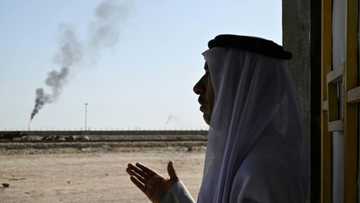Black farmers in Brazil changing views on coffee production
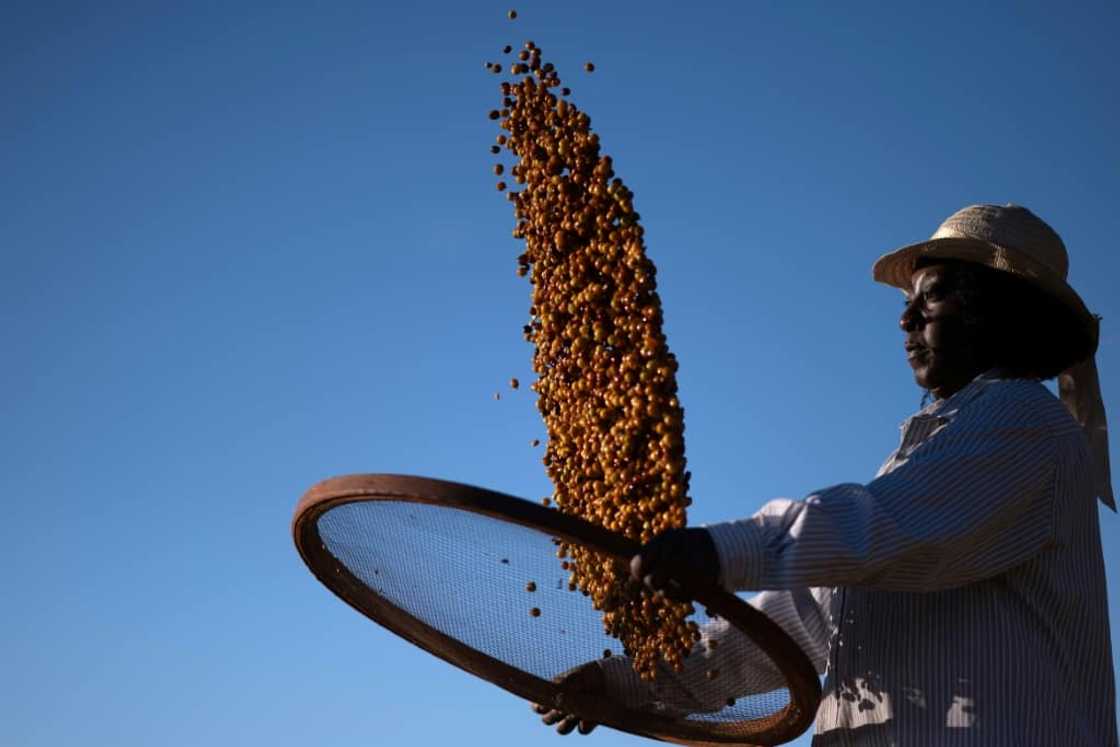
Source: AFP
PAY ATTENTION: Let yourself be inspired by real people who go beyond the ordinary! Subscribe and watch our new shows on Briefly TV Life now!
Raphael Brandao beams with pride as he describes the high-end Brazilian coffee he produces with beans sourced exclusively from Black farmers in a country where many still associate the product with slavery.
The 31-year-old buys his coffee beans solely from farms owned by Afro-descendents and says his goal is to "reverse this logic that Black people" like himself "are mere laborers."
"In my own way, I am trying to make historical reparations," Brandao told AFP at his roastery in Nova Iguacu, a poor suburb of Rio de Janeiro.
Four years ago, he launched his brand Cafe di Preto.
By 2022 he sold 800 kilograms (about 1,700 pounds), the following year 1.4 tons. This year he hopes to increase that to more than two tons following a 20-percent sales increase in the first quarter alone.
The logo for Cafe di Preto is a raised Black fist clutching a coffee branch, and the different flavor lines are each named after important Black women of Brazilian history.
PAY ATTENTION: stay informed and follow us on Google News!
Brazil was the last country in the Americas to abolish slavery, in 1888, and racial inequalities remain high in a country where more than half of people identify as "preto" (Black) or mixed-race.
'Changing the world'
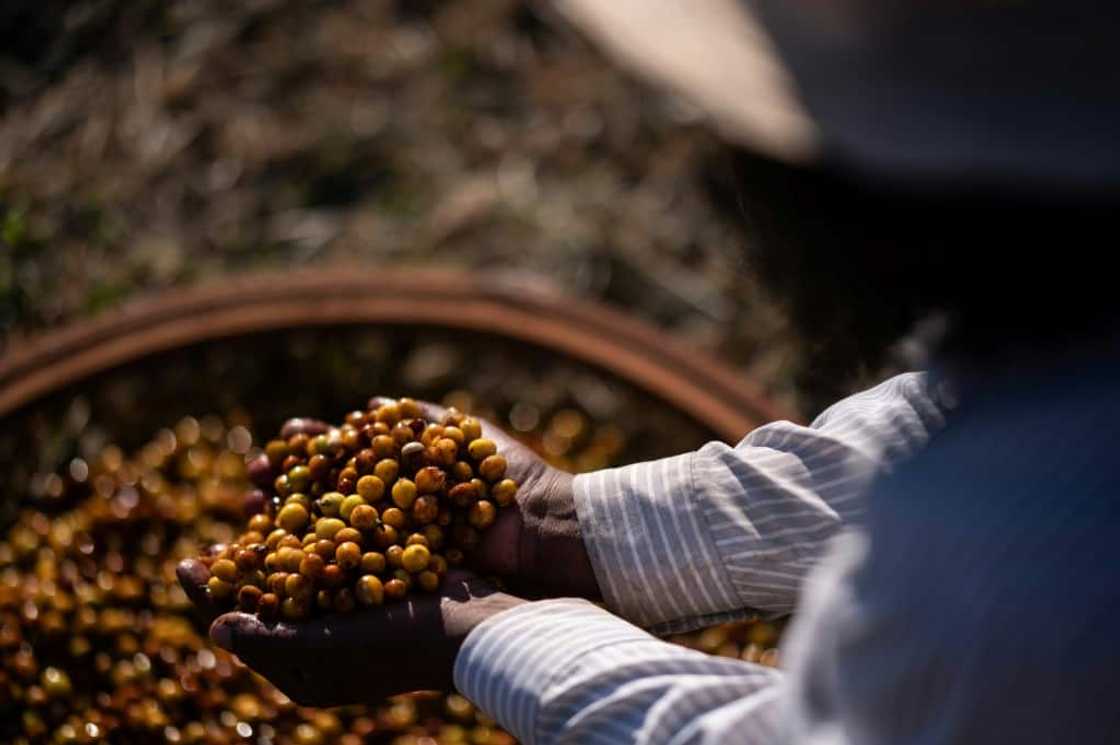
Source: AFP
Through his endeavors, Brandao told AFP he wants to remind the world that Brazil became a leading coffee producer
on the back of slaves from Africa, where coffee originates from.
He is also seeking to "break the stigma that Black people do not produce quality."
"So my work also gives light to this," he said. "Today I have six coffees produced by Black people, all of them... of great quality."
Many of his clients, he added, are looking for quality but also for a product that is "changing the world."
Brandao is a leader in the so-called Black Business wave in Brazil that promotes commerce among people of African descent as a tool for social progress.
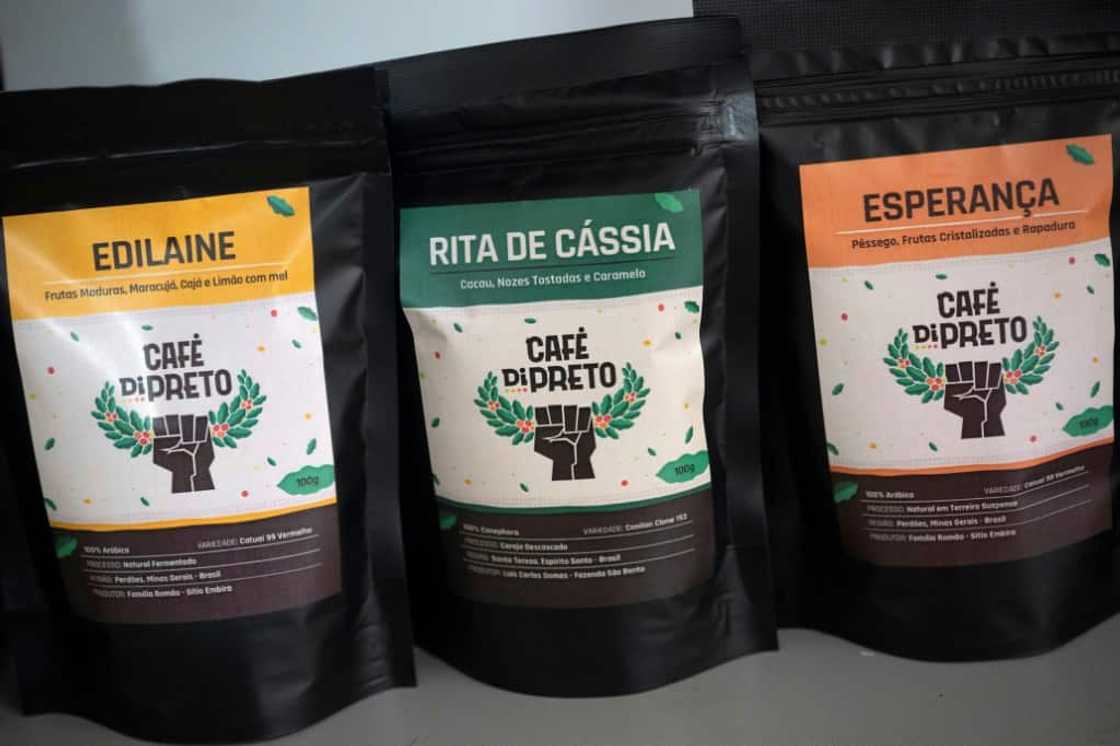
Source: AFP
At first, he had trouble finding Black suppliers given that the overwhelming majority of coffee plantations in Brazil still belong to white families.
"My black suppliers are the first generation to produce on their own land, often only a few hectares," he said.
And Brandao has more than once had to defend his chosen crusade.
"I am sometimes asked: 'What if it was the opposite, if roasteries owned by whites bought coffee from white farmers?' But isn't that what is happening already?"
From farm to cup
About 500 kilometers (311 miles) from Nova Iguacu is the 19-hectare (47-acre) coffee plantation of Neide Peixoto, one of Brandao's first suppliers.
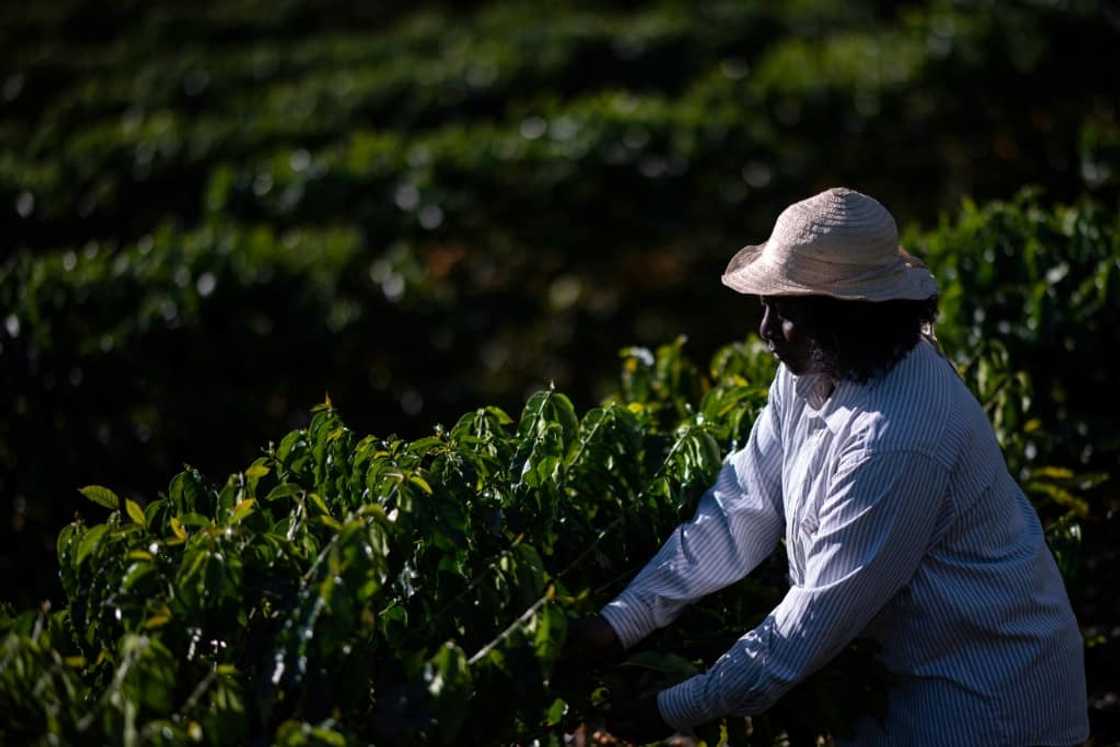
Source: AFP
"I have been in contact with coffee since childhood. My parents worked in crops and I often accompanied them," Peixoto, 49, told AFP on her farm in the southeastern state of Minas Gerais, a mecca for coffee production.
Unlike her parents, she grows coffee on land that belongs to her own family, bought by her husband and brothers who are also former laborers.
"It means a lot to me to be a Black producer of special coffee, because... we, Black people have a very difficult and painful history," Peixoto said.
Most of the farm's production is for export, but the beans reserved for Cafe di Preto have a special significance for Peixoto.
"It's exciting to know that the coffee I produce, which is coffee produced by Black people, is also roasted by Black people," she said.
"I'm very happy to know that we are making this connection, from production here on the farm to the cup."
PAY ATTENTION: Сheck out news that is picked exactly for YOU - click on “Recommended for you” and enjoy!
Source: AFP



